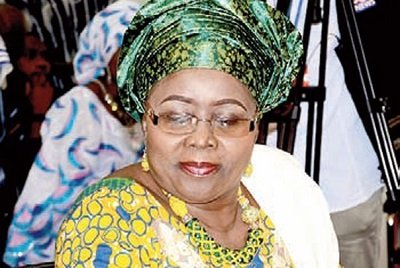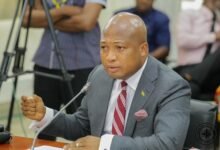
Fifty-five presiding members have suggested the amendment of Act 936 to allow metropolitan, municipal and district assemblies use their District Assembly Common Fund (DACF) for projects needed at the grassroots.
They want the amendment of the Act to be in line with the 1992 Constitution in order to give room for the citizenry to decide on the needs as well as citing of projects.
The presiding members also called for the extension of their tenure of office from two years to four years to ensure stability in local governance.
They called for the payment of their ex-gratia from the Consolidated Fund instead of the Internally Generated Fund of the assemblies.
Jonathan Hagan, Presiding Member of Asuogyaman District Assembly made this known at a five-day training dubbed: ‘Executive Programme in Local Governance for Local Authorities’ in Accra.
The training programme which drew participants from the Central, Volta, Eastern and the Greater Accra Regions sought to sensitise presiding members on their oversight roles since they are key managers of the assemblies.
The participants were taken through topics on ‘Decentralisation concept’, ‘Leadership qualities’, ‘Promotion of gender issues at the district level’ and ‘Legal framework of local governance’ among others.
According to Mr Hagan, per the tenure, presiding members, who were branded as ‘tough’, were usually booted from office through voting and it would be better if they were given four-year mandate just like metropolitan, municipal district chief executives (MMDCEs).
“Some of the challenges facing presiding members are lack of communication between them and district chief executives resulting in conflicts, lack of resources, inadequate provision of information on contracts and district assemblies financial statement.
“We sometimes are not aware when monies are disbursed from the common fund to assemblies, by the time we get to know, those monies will be exhausted,” Mr Hagan noted.
Simon Bokor, Head of Management Development and Training, Institute of Local Government Studies (ILGS), admitted that there were some conflicts in the relationship between presiding members and district chief executives, and regional coordinating directors, saying, “Those conflicts stalled development in terms of decision making, implementation of projects, mentorship programmes for youth and networking among presiding members should not be limited to only socialisation, but based on work and sharing of experiences”. –GNA







